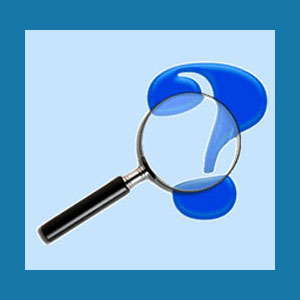
A lie detector test is any of the range of devices and procedures used to detect deception upon direct questioning about a specific incident or occurrence. While polygraph testing is the industry standard for detecting falsehoods, there are many more involved and advanced modalities which may be used to ensure the most accurate results possible from the exam.
This dialog provides an overview of popular deception detection devices and test methods. We will also discuss the positive and negative characteristics of these testing modalities.
Lie Detector Testing
Deception detectors should always be used by experts who are qualified, not only in the application of the equipment, but also in the psychoemotional techniques that are best suited for interviewing target subjects. An expert at detecting lies can often identify deception, even when the answer does not set off a positive response on the machine.
Multiple sources of falsehood detection may be used together to produce a far more convincing test result than any single method alone. Additionally, tests which work on completely different principles often intimidate and confuse subjects who have been trained or self-taught to cheat on typical polygraph examinations.
Testing Techniques
One of the most important aspects of lie detection is the style, manner, rhythm and demeanor of the interviewer. Experienced polygraph examiners are known to get better test results than novice interviewers. As with all skills, time increases the proficiency of testers, until they become virtual deception detectors themselves, even without the benefit of the specialized equipment.
It is always advisable to distract the subject with a variety of seemingly important last minute details, right before the exam. This prevents them from mentally preparing to deceive by meditating, concentrating on heart rate or respiration and also puts the thought in their mind that their prearranged game may have been discovered.
Lie Detector Test Results
While the end products of polygraph testing, and other types of deception detection are not always admissible as legal evidence, they are still useful as part of a complete case profile. If anything, a sworn deposition while attached to a lie detector is at least a legal record and should hold up to prevent a person’s story from changing at some time in the future.
To learn more about using a polygraph test, or other advanced forms of lie detection, to help you or your client during an investigation assignment, contact a qualified lie detection expert or a local polygraph association near you.


